Updates

W3C publishes candidate standard for decentralized digital identifiers
The World Wide Web Consortium has released a candidate recommendation for Decentralised Identifiers (DIDs) v1.1, a technical specification designed to support decentralised digital identity systems.

Council of Europe adopts recommendations on AI equality and technology-facilitated violence against women
The Council of Europe has adopted two new recommendations aimed at addressing discrimination in AI and strengthening accountability for violence against women and girls enabled by digital technologies.

UNESCO and India release AI readiness assessment at India AI Impact Summit 2026
UNESCO and India’s Ministry of Electronics and Information Technology presented a new report evaluating India’s preparedness for ethical and human-centred artificial intelligence development.
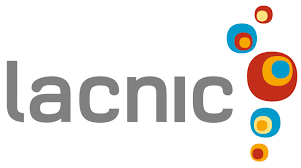
LACNIC 45 relocated to Panama following security concerns in Mexico
The Latin American and Caribbean Internet Addresses Registry has announced that the LACNIC 45 meeting will take place in Panama from 25 to 28 May 2026 after the event was relocated from Mexico.

The European Commission seeks feedback on draft guidance for implementing the Cyber Resilience Act
The European Commission has released draft guidance to help companies comply with the Cyber Resilience Act, with consultations open until 31 March 2026.
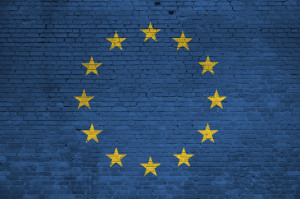
First harmonised DSA transparency reports standardise platform content moderation data
Online platforms have published the first harmonised transparency reports under the Digital Services Act, introducing a standardised, machine-readable format for reporting content moderation practices across the EU.
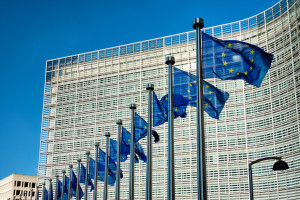
Parliamentary deadlock raises uncertainty over extension of EU chat-scanning rules
A lack of majority support in the European Parliament’s civil liberties committee has left the proposed extension of the EU’s temporary chat-scanning regime unresolved as the April 2026 expiry deadline approaches.
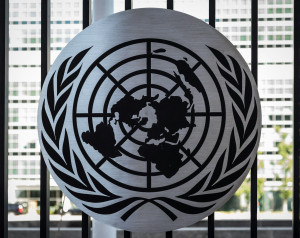
UN launches first independent scientific panel on artificial intelligence
UN Secretary-General António Guterres opened the first meeting of the newly created Independent International Scientific Panel on Artificial Intelligence, a body tasked with providing evidence-based analysis to inform global AI governance.
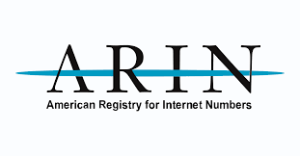
ARIN updates Internet number resource rules with new NRPM 2026.1 policy
The American Registry for Internet Numbers has released version 2026.1 of its Number Resource Policy Manual, introducing a clarification to rules governing the Registration Services Agreement.

UK launches consultation on additional measures to strengthen child online protection
The UK Department for Science, Innovation and Technology has opened a public consultation on new proposals to enhance child safety online, including potential age limits for social media and tighter controls on platform design features.
Posts per page:


